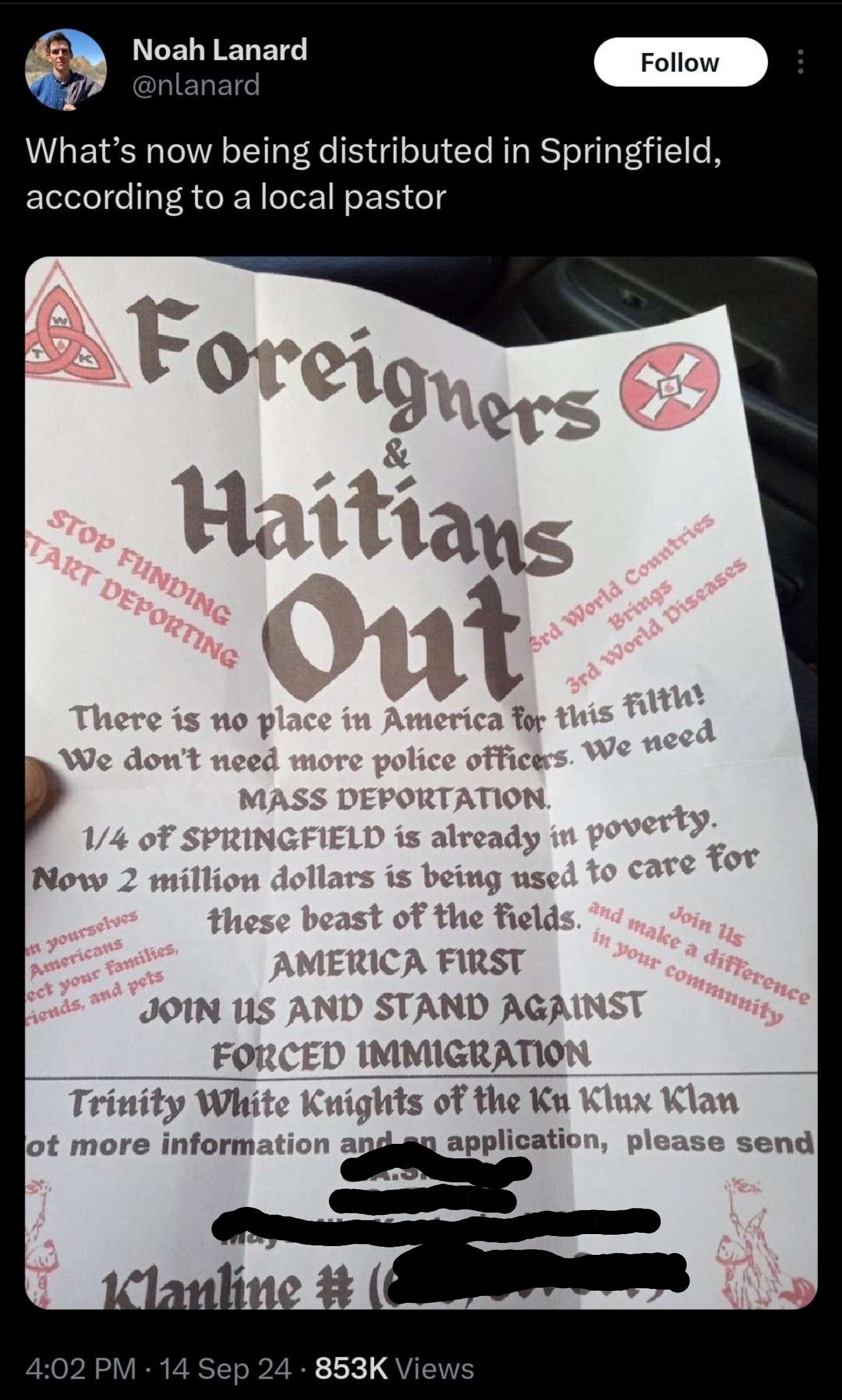this post was submitted on 15 Sep 2024
446 points (98.5% liked)
Ohio
845 readers
19 users here now
founded 2 years ago
MODERATORS
you are viewing a single comment's thread
view the rest of the comments
view the rest of the comments

For anyone stumbling across this comment: qualified immunity isn't a bad thing. It shields all sorts of public employees from civil liability only while doing their jobs. It does not shield them from criminal liability and the civil liability is transferred to their agency.
This means that if a mail carrier opens your mail box to deliver your mail and the lid falls off in their hand, you have to use USPS for damages, not the mail carrier as an individual. You still get compensated for damages, but the government employee can do their job without getting personally bankrupted. If they genuinely did something wrong (as in breaking procedures, not breaking the law) they'll get disciplined or even fired.
Because cops get qualified immunity and it has the word "immunity" in it everyone with a beef against police ignored the word "qualified" and started screaming that it was evil and means government employees can get away with felonies. That's not true. If the aforementioned mail carrier rocks up, decides you suck, and hits your mailbox with a baseball bat, then threatens to beat you to a pulp they're going to face criminal charges. Qualified immunity simply does not apply for crimes committed regardless of if they were done on the clock or in uniform.
Before a bunch of brain-dead people off their meds start bringing up specific cases where cops weren't charged for specific actions that were either possibly or outright illegal please look at those cases for issues with the prosecutors handling them. They are always because a grand jury failed to indict, not because of qualified immunity.
If the lid falls off your mailbox you have no claim against the USPS. Nor do you have any claim against the police if they, say, destroy your house.
https://www.npr.org/2019/10/30/774788611/police-owe-nothing-to-man-whose-home-they-blew-up-appeals-court-says
There are a couple of big, huge caveats to that particular case. They're stated explicitly in the last two paragraphs of the article you linked:
The case is being appealed to the Supreme Court. I'm not sure of the current status, but as of the time that article was written things hadn't been settled.
While the money offered by the city was undeniably too little, the guy also chose to knock down the house and rebuild a bigger, nicer house than he had. A civil claimant is trying to get back what they lost, they can't expect to get a leg up.
I used NPR as the reference as an acceptably neutral reporting agency, but they didn't go back and update the article. The Supreme Court declined to hear the case. https://ij.org/case/lech-v-city-of-greenwood/
This isn't a caveat. The city wasn't ever going to rebuild the house for him. Any compensation was always going to be monetary. The fact that he spent more money than he would have gotten isn't relevant. If someone crashes into and totals your car your replacement car isn't expected to be equally as old and used as the one you lost. You're awarded money and can purchase a replacement at your discretion.
The fact that he spent more money is extremely relevant because that's what he was seeking. It would have been totally reasonable for him to pay for home repairs on the existing foundation and structure.
While the $5,000 the city gave him certainly wouldn't accomplish that, he took it too far. He destroyed all remaining value left in the structure, built a new (and more expensive) house on his land, and expects the public to pay for that upgrade. He had a right to compensation for repairs, not to have the taxpayer fund the construction of his dream home.